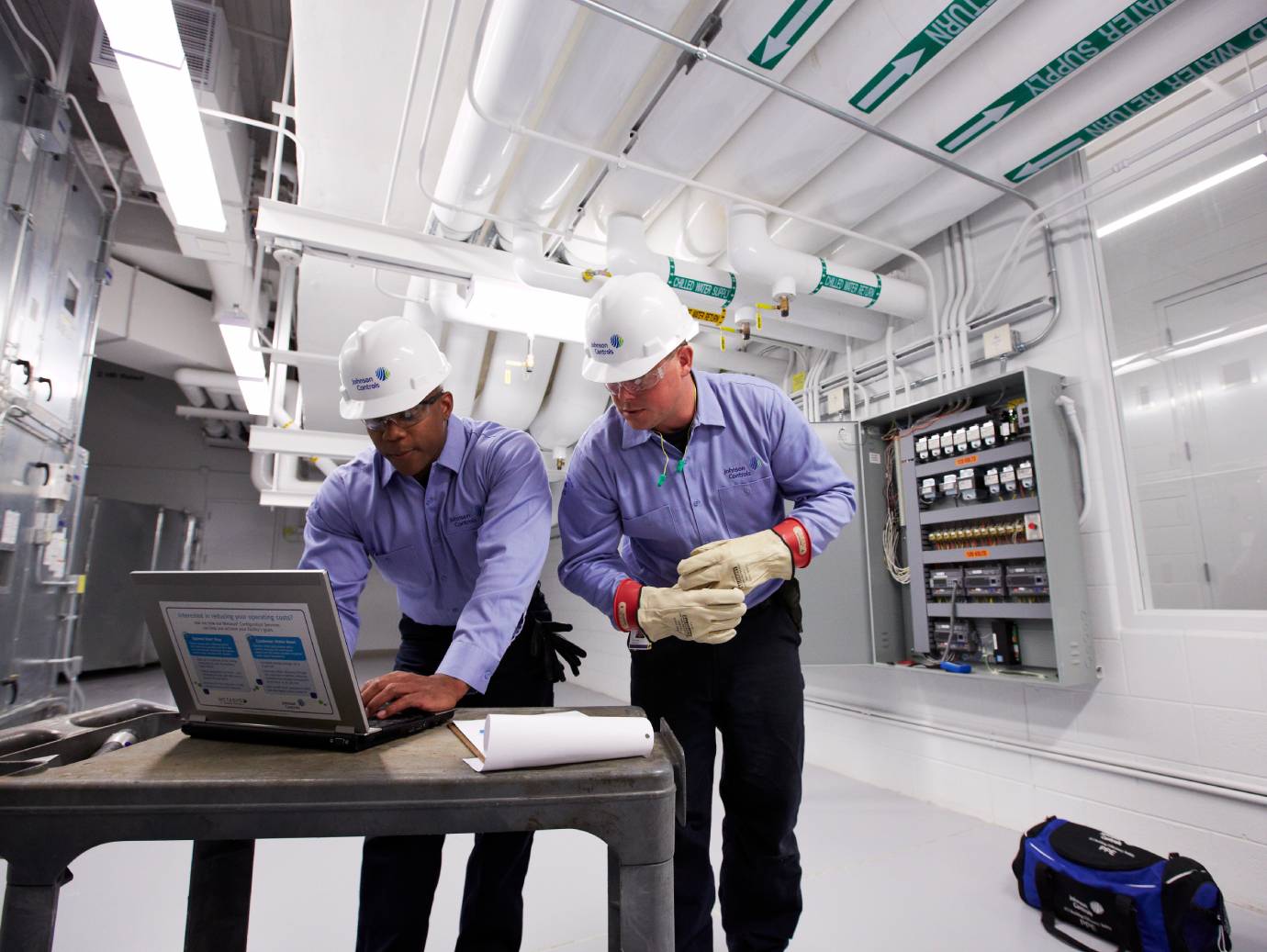Trustworthy Team at DMAKS HVAC for Complete Comfort.
Wiki Article
Energy-Efficient HVAC Solutions to Reduce Energy Costs
As power prices remain to increase, the importance of energy-efficient a/c systems ends up being progressively obvious. These systems not just assure considerable savings on energy costs but also add to a more sustainable future by lessening energy usage. With various choices offered, including geothermal heatpump and ductless mini-splits, building owners deal with a multitude of options that can improve comfort and air high quality. However, understanding the essential attributes and maintenance requirements is vital to optimizing these advantages. What variables should be focused on when picking the appropriate system for your needs?Benefits of Energy-Efficient Heating And Cooling Solutions
Energy-efficient cooling and heating systems offer countless benefits that extend past mere cost savings. One significant advantage is the decreased ecological impact. By consuming much less power, these systems add to lower greenhouse gas exhausts, helping to battle climate change and promote sustainability. This lines up with enhancing societal demands for green methods in household and business settings.In addition, energy-efficient HVAC systems frequently supply enhanced convenience degrees. Much of these systems feature innovative innovation that enables much better temperature control and enhanced air top quality (DMAKS HVAC). This leads to a healthier indoor setting, which is especially important for individuals with allergies or breathing concerns
Moreover, purchasing energy-efficient cooling and heating systems can improve property worth. As more consumers prioritize power effectiveness, homes and structures geared up with these systems may attract greater quotes in the real estate market.
Sorts Of Energy-Efficient A/c Options
How can house owners and services choose one of the most appropriate energy-efficient HVAC choices for their requirements? The market offers a range of energy-efficient cooling and heating systems, each created to enhance comfort while lessening energy consumption.One option is the variable refrigerant circulation (VRF) system, which efficiently manages the temperature in several zones within a building. This system adjusts its cooling agent flow to match the desired temperature, bring about substantial power cost savings.
One more prominent choice is geothermal heatpump, which utilize the planet's steady temperature to heat and amazing spaces. By moving warm to and from the ground, these systems demonstrate excellent effectiveness, especially in modest environments.
In addition, ductless mini-split systems provide an energy-efficient alternative for homes doing not have ductwork. These systems allow for zone-specific heating and air conditioning, reducing power waste in vacant locations.
Finally, high-efficiency heaters and a/c, with innovative SEER and AFUE ratings, supply trustworthy climate control while eating much less power than typical models. By evaluating these alternatives, property owners and companies can choose a cooling and heating system customized to their details demands and power efficiency goals.
Secret Features to Consider

Next, examine the sort of compressor utilized in the system. DMAKS HVAC. Variable-speed compressors can readjust their output to match the home heating or cooling need, causing boosted convenience and energy savings compared to single-speed designs. Furthermore, search for systems geared up with wise thermostats that use programmable settings and remote accessibility, permitting better control over energy usage
Another essential feature is the system's air filtration capability. High-efficiency filters can boost indoor air top quality and reduce power intake by making sure the system runs efficiently. Furthermore, take into consideration the kind of cooling agent made use of; modern-day systems usually employ green refrigerants that have a lower environmental influence.
Last but not least, make certain that the system is suitable with zoning innovation, which enables personalized temperature level control in various locations of your home, improving comfort while lessening power usage.
Tips for Picking the Right System


Next, think about power performance ratings, specifically the Seasonal Power Efficiency Ratio (SEER) for cooling systems and the Annual Fuel Application Efficiency (AFUE) for heater. Higher ratings indicate better effectiveness, which can cause considerable cost savings on utility expenses in time.
Furthermore, evaluate the sort of cooling and heating system that ideal suits your way of life and spending plan. Alternatives consist of central air, ductless mini-splits, and heatpump, each with its very own collection of advantages and downsides.
Don't overlook the significance of appropriate setup and sizing; an improperly sized system can result in ineffectiveness and enhanced wear. Finally, consult with a professional a/c professional to my blog get professional suggestions customized to your home's special demands. This thorough approach will make sure that you pick an energy-efficient heating and cooling system that satisfies your demands and budget efficiently.
Upkeep for Optimum Efficiency
Once the best a/c system remains in area, ongoing maintenance ends up being crucial to making certain optimal performance and long life. A well-maintained system operates better, leading to reduced power intake and lowered energy costs. Normal examinations and tune-ups should be scheduled at least twice a year-- once before the air conditioning period and as soon as prior to the home heating period.
Home owners ought to additionally be attentive about monitoring their HVAC system's performance. Uncommon noises, varying temperatures, or increased energy expenses can suggest underlying problems that require prompt attention. By resolving these issues without delay, useful reference property owners can protect against costly repair services and expand the lifespan of their systems.
Buying an upkeep strategy with a qualified service technician not just enhances effectiveness however additionally provides peace of mind, understanding that the system is running at its best. DMAKS HVAC. Regular maintenance is as a result essential for sustaining power effectiveness and lowering overall operational costs
Final Thought
In final thought, energy-efficient cooling and heating systems present a viable service for minimizing energy expenses while boosting convenience and air top quality. By including innovative modern technologies and alternatives such as geothermal heat pumps and ductless mini-splits, home owners can accomplish considerable energy cost savings and contribute to environmental sustainability. Careful consideration of system features and ongoing upkeep better ensures optimum efficiency, making energy-efficient systems a sensible investment for both economic and ecological advantages.Report this wiki page